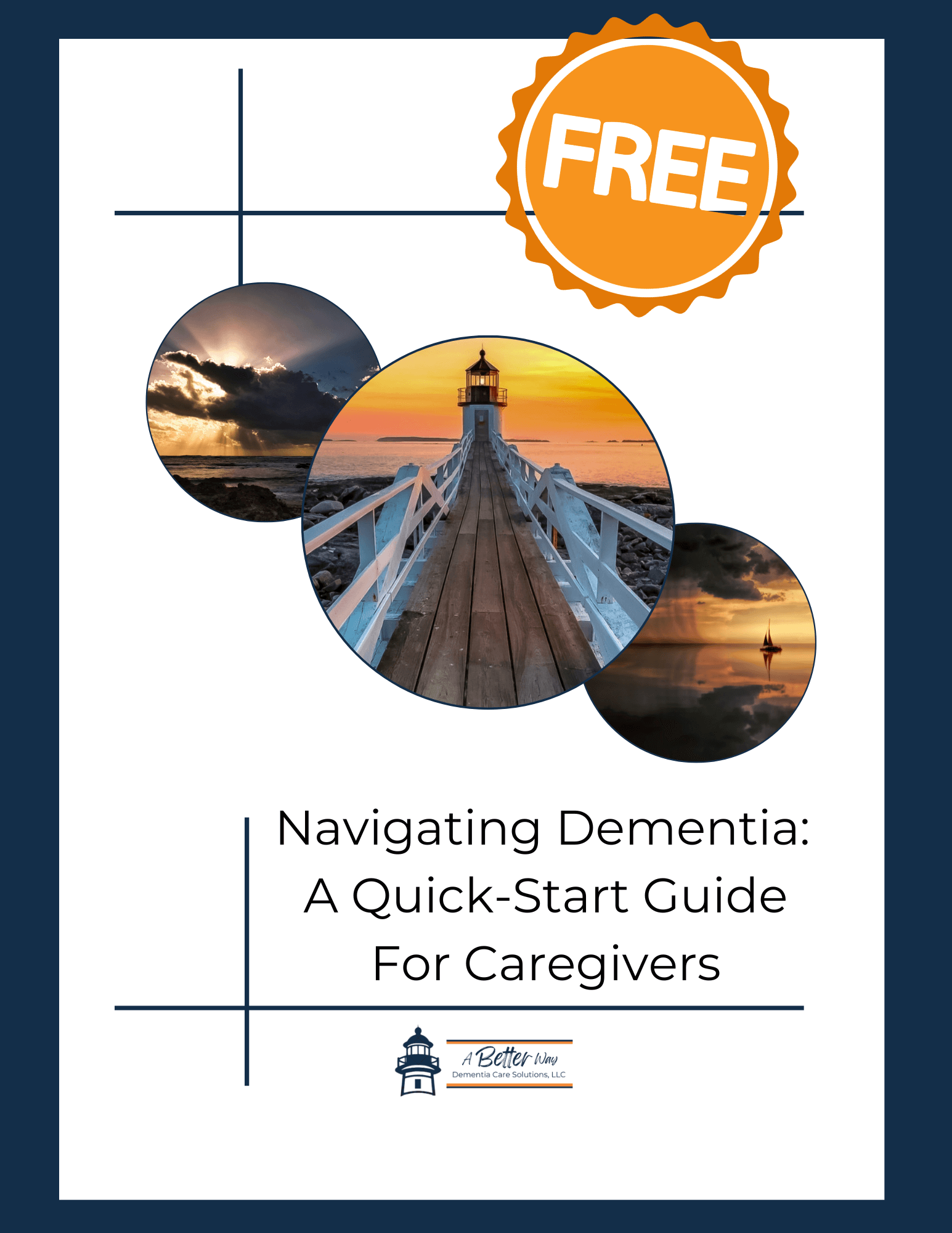
When less really is more at the table
Have you noticed the person you care for picking at meals, pushing food around their plate, or skipping meals entirely? You’re not alone. For many caregivers, traditional mealtimes can become a source of stress, not nourishment. But there’s a gentle shift that can make a world of difference: switching from three big meals to several small ones throughout the day.
This post explores the rising interest in “small meals dementia” and “frequent eating elderly” and how mini-meals can support nutrition, ease, and dignity in dementia care.
Why Mini-Meals Matter in Dementia Care
As dementia progresses, eating and nutrition often become more complicated. Large meals can feel overwhelming, both physically and cognitively. The person you care for may:
• Feel full quickly or forget they’re hungry
• Experience changes in taste, smell, or food preferences
• Struggle with chewing, swallowing, or using utensils
• Fatigue quickly and lose interest mid-meal
All of this can lead to reduced food intake, unintentional weight loss, dehydration, and even malnutrition if not addressed. Smaller, more frequent meals, sometimes called mini-meals, help by breaking nutrition into manageable, consistent moments of nourishment throughout the day.
💡 Caregiver Insight: You don’t have to follow rigid meal schedules. Mini-meals can align with your their rhythm, preferences, and daily energy patterns.
The Benefits of Frequent, Smaller Meals
✅ Easier to Eat
Mini-meals reduce fatigue and make meals feel more doable. Instead of facing a full plate, the person you care for can enjoy bite-sized portions at a pace that suits them. This is especially helpful for those with dysphagia (difficulty swallowing).
✅ Encourages Better Nutrition
When meals are frequent and portioned smaller, it becomes easier to meet daily nutrition goals, even if just a little is eaten each time. For those who forget to eat or get overwhelmed by large meals, mini-meals help bridge the gap.
✅ Less Pressure, More Pleasure
Smaller portions feel less demanding. They also allow for more opportunities to offer favorites or experiment with new textures and flavors without the pressure of finishing a full meal.
✅ Supports Changing Routines
Dementia often brings disrupted routines and changing preferences. Mini-meals create more flexibility and make it easier to adapt without missing key nutrients.
What Research Says About Meal Frequency
In general nutrition science, the benefits of multiple small meals versus fewer large ones are mixed. Some studies show no significant metabolic advantage to small frequent meals, and others suggest it might even increase hunger.
But in dementia care, the priorities are different:
• Encouraging consistent intake
• Reducing fatigue and frustration
• Supporting swallowing and digestion
• Creating positive mealtime experiences
That’s why many dementia care professionals recommend mini-meals as a go-to strategy for supporting nutrition and quality of life in older adults with cognitive changes.
Practical Tips for Creating a Mini-Meal Routine
Here’s how to make smaller, frequent eating work in your caregiving routine:
🍽️ Rethink Portions and Presentation
• Offer 5 to 6 small meals or snacks throughout the day
• Serve food on small plates or bowls to avoid overwhelming the person visually
• Use contrasting colors on the plate to make food easier to see
🥦 Choose Nourishing, Easy-to-Eat Foods
• Soft or finger-friendly options like mini sandwiches, sliced fruit, cheese cubes, hard-boiled eggs,
yogurt, smoothies, crackers with nut butter
• Incorporate healthy fats and protein in each snack
• Consider pre-made mini-meal kits or bento-style lunchboxes
⏰ Create a Predictable Rhythm
• Set gentle reminders or visual cues for meals
• Offer food every 2 to 3 hours, aligned with natural hunger
• Use a whiteboard or meal chart to help both of you stay on track
🌿 Boost Sensory Appeal
• Warm up meals to enhance aroma
• Plate attractively and offer familiar flavors
• Involve the person in preparation (like stirring yogurt or buttering toast)
👥 Make Meals Social
• Eat together when you can
• Encourage conversation and slow pacing
• Sit at eye level, smile, and model enjoyment
Product Recommendations
Ramekins with lids- perfect for prepping and storing mini-meals in advance
Bento-style meal trays- make meals easier to navigate and reduce the frustration of utensils buy on amazon
Adaptive utensils- designed to ease the challenge of holding and using traditional silverware buy on amazon
Silicone mini-baking pans- make bite-sized portions more visually appealing and manageable buy on amazon
Gentle Reminder
Every caregiving journey is different. Some days the person you care for will eat more, others less. What matters most is creating opportunities for comfort, nutrition, and connection. Mini-meals aren’t about perfection. They’re about presence.
When was the last time mealtimes felt peaceful, for you and your loved one? What small shift could bring that peace back into your daily routine? Drop a comment below.
Your "Calmer Meals in 5 Days" Email Course Is Here!!!
If you want even more step-by-step help creating safe, delicious, and easy-to-prepare meals, my "Calmer Meals in 5 Days" Email Course is designed for dementia caregivers, family supporters, and care professionals. For only $15, you will learn how to adapt meals to meet both safety and enjoyment goals, save time in the kitchen, and bring more peace to mealtimes.
Free Weekly Meal Planner Download
Want to stay organized and reduce daily decision-making?
Download your free Weekly Meal Planner PDF, designed with dementia-friendly colors, textures, and variety in mind.
Just click the button below and we’ll send it to your inbox.
Notes-
1. Alzheimer’s Society UK. “Poor Appetite and Dementia.” alzheimers.org.uk
2. Alzheimer’s Association. “Food and Eating.” alz.org
Alzheimer Society of Canada. “Mealtime Tips.” alzheimer.ca
3. British Dietetic Association. “Eating and Drinking Difficulties in Dementia.” bda.uk.com
4. AlzSD. “How Dementia Affects Food Habits.” alzsd.org
5. Medical News Today. “Small Meals vs Large Meals.” medicalnewstoday.com
Affiliate Disclosure
A Better Way - Dementia Care Solutions, LLC participates in the Amazon Associates Program, which means we earn a small commission when you buy through links on our site at no extra cost to you. We only recommend products that we believe can help caregivers on their journey.
Disclaimer
The information provided in this blog is for educational purposes only and should not be considered medical advice. Always consult with a doctor or a licensed physical therapist before starting any new diet, exercise routine, or care plan. Every individual’s needs are different, and professional guidance is essential to ensure safety and appropriateness of care.
Want to keep figuring this out together?
Subscribe to Finding Our Way in Dementia Care and get honest stories, helpful tips, and gentle support delivered to your inbox every week. Just real talk, grounded care, and space to breathe.
Subscribe to Finding Our Way in Dementia Care and get honest stories, helpful tips, and gentle support delivered to your inbox every week. Just real talk, grounded care, and space to breathe.
Kind truth. Clear steps. Warm guide.
















0 Comments